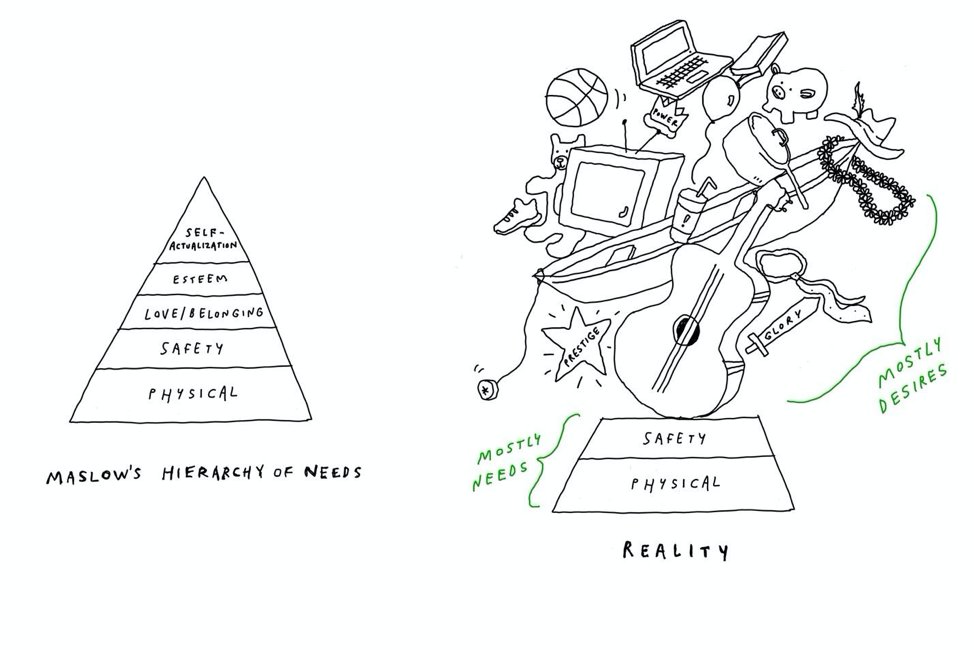
I listened to Elon on #Clubhouse last night. He features fairly heavily in one chapter of my upcoming book b/c a Wall Street Journal piece came out about him that I just couldn't stomach. The man sounded totally burnt out and weary to me, but I would too if I were him.
A few people who read an early copy of my manuscript were really troubled by Musk's presence—why would I "highlight a billionaire," they asked. They wanted me to excoriate him. For the life of me, I don't understand the hatred toward him.
Listening, I couldn't help think how extraordinary it is to have an entrepreneur who dreams so big and inspires others to do the same. I'm not interested in creating another app ~Clubhouse. I'm interested in transcendent things. The irony is that @elonmusk is the Anti-Clubhouse.
It was good of him to join.
• • •
Missing some Tweet in this thread? You can try to
force a refresh






